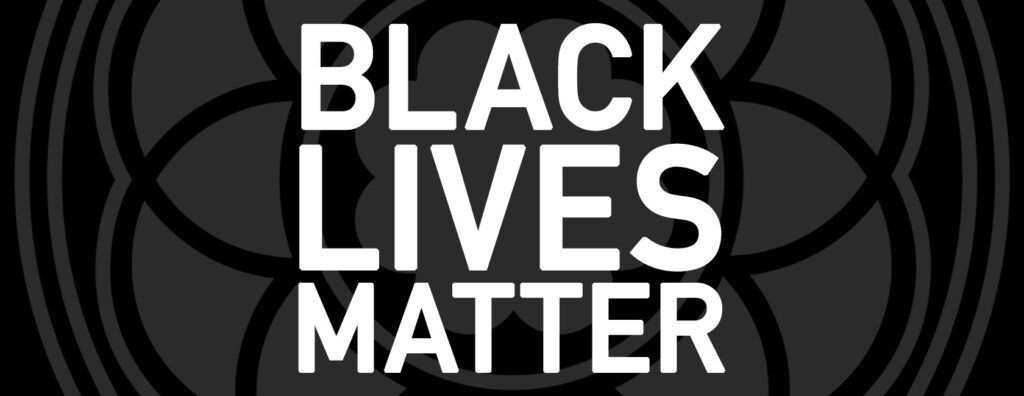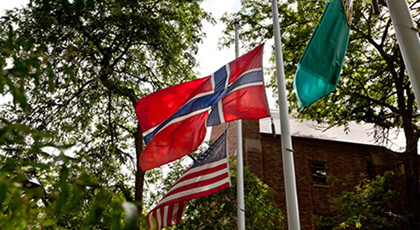Page 42 • (513 results in 0.082 seconds)
-
Christian Responses to Plagues and Public Health: Two Perspectives from the History of Religion Dr. Brenda Llewellyn Ihssen, Associate Professor of Early and Medieval Christian History Lecture Description: Through the discipline of religious history, this lecture the responses of two Christian bishops to a third-century Ebola-like plague and a sixth-century bubonic plague. Through primary texts we will explore how these events shaped theological views and social activity of bishops Cyprian of Carthage
-
Christian Responses to Plagues and Public Health: Two Perspectives from the History of Religion Dr. Brenda Llewellyn Ihssen, Associate Professor of Early and Medieval Christian History Lecture Description: Through the discipline of religious history, this lecture the responses of two Christian bishops to a third-century Ebola-like plague and a sixth-century bubonic plague. Through primary texts we will explore how these events shaped theological views and social activity of bishops Cyprian of Carthage
-
: Series 2 (I.B. Tauris, 2009) Terje Tvedt is a professor of geography at the University of Bergen and a professor of political science at the University of Oslo. He is the author of a number of successful books and films on water issues. Theses volumes present all aspects of water – social, cultural, religious, historical, economic and technological – from ancient times to present day. Terje Tvedt, A History of Water: Ideas of Water from Ancient Societies to the Modern World: v. 2: Series 2 (I.B
-
Senior Research Associate at the Centre for Collective Violence, Holocaust and Genocide Studies at University College London. Convener: Michael Artime, Department Chair of Political Science, PLU 10:30 a.m. - 12:15 p.m. – AUC, Regency Room (Zoom Presentation)The Jewish Community in Poland: Contemporary Jewish-Polish RelationsRabbi Haim Dov Beliak, Beit Polska and Friends of Jewish Renewal in Poland Anna Cichopek-Gajraj, Associate Professor in the School of Historical, Philosophical and Religious
-
of project requires a bit more review time than exempt research (~8-10 days).Learn more about expedited reviewResearch using a wide range of methodologies can fall into this review category, including collection of data: from voice, video, digital, or image recordings made for research purposes; on individual or group characteristics or behavior (e.g., research on perception, cognition, motivation, identity, language, communication, religious or cultural beliefs or practices, and social behavior
-
, but it can be a real challenge to understand and feel for people outside of your circle. At PLU, you will be encouraged to value, respect and understand another person’s views, even when you don’t agree with them. Empathy is a function of both compassion and of seeing from another person’s perspective, and it is the key to civil discourse and thoughtful inquiry. We have all been witnesses to a political season enveloped by a cloud of racial, ethnic, and religious animosity – much of it poorly
-

dilemmas can be solved without broad, multifaceted expertise. Addressing climate change requires business savvy. Understanding modern racial unrest takes an understanding of American and world history. International diplomacy is often informed by religious traditions. Some of the most successful business managers are experts in psychology. Yet, despite these realities, far too many American universities are neglecting to provide an integrated education—an education that fuses the liberal arts
-
some of his course material. He hopes that his reflection and time away from teaching will help his students unpack the intersections of race and gender, examine ideologies, and expand their awareness of the ways that race, gender, and religious identities are interdependent. Dr. Dowland’s goals in teaching religion include helping students to develop critical empathy and to see the world from different points of view through different ways of thinking. His sabbatical allowed him to discover
-

looking at our role as university professors. It does not take much to discern that higher education is exclusionary with regard to race, gender, sexuality, economic status, ability, nationality, and religious belief. We must recognize that higher education is anti-Black. We must recognize our own complicity and begin conversations about PLU’s complicity. Faculty have a responsibility to communicate about injustice. Faculty have a responsibility to make sure students are in an environment in which
-

defy human understanding. In the words of Job, ‘when I reached for light, then came darkness.'” So we experience feelings of violation and loss so deep and strong that they penetrate borders and transcends boundaries, national and cultural, religious and political, and they bring us together young and old, rich and poor. So we are drawn together once this evening as a true community, albeit wounded, to draw strength from our faith, and find support as would a family, and tonight we are a Norwegian
Do you have any feedback for us? If so, feel free to use our Feedback Form.


